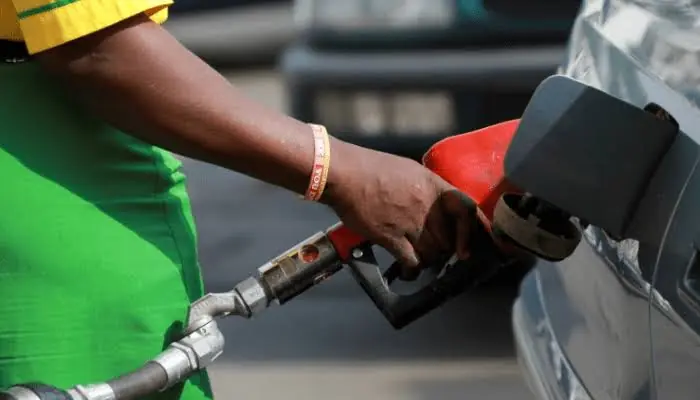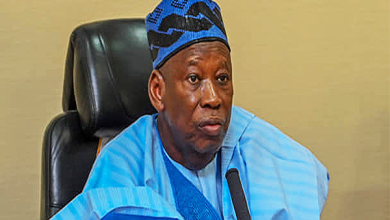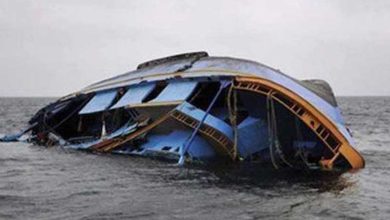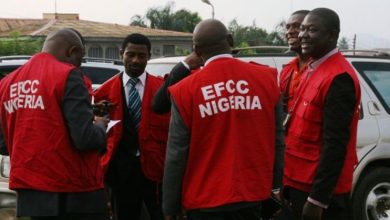Soaring Petrol Costs Strain Marketers as Landing Price Reaches N870/Litre

According to reports from the Major Energies Marketers Association of Nigeria (MEMAN), the cost of importing Premium Motor Spirit (PMS), also known as petrol, has increased significantly, now averaging ₦870 a litre.
It is understood that the increase occurs at a time when the price supplied by the Dangote Petroleum Refinery is causing market friction, affecting the margins of both fuel importers and marketers.
MEMAN said that the landing cost of petrol was ₦872 per litre on April 28 and ₦868 on April 29. On April 23, the price of a litre of petrol was ₦859, indicating growing import expenses.
This spike has created concerns among importers, who are now unable to sell their products profitably due to pricing pressures.
On the retail level, petrol costs vary greatly across the country. On Thursday, Dangote sold petrol for ₦840, matching the price set by Matrix (Lagos) and Rainoil.
Other merchants, including Pinnacle, Mao, Sahara, AA Rano, and NIPCO, offered the fuel at higher costs, ranging from ₦889 to ₦842, according on location.
Retailers in Lagos profit from lower prices, whilst those in the South-South pay higher due to logistics costs. For example, First Fortune sold petrol for ₦868, whereas Sigmund and Liquid Bulk put their pricing at ₦870. Meanwhile, MRS in Ogun State is selling petrol at ₦890 per liter, with Heyden following closely at ₦885.
Speaking to Punch about the circumstance, Billy Gillis-Harry, National President of the Petroleum Products Retail Outlet Owners Association of Nigeria (PETROAN), stated that business has been slow due to the continual fluctuation of petrol prices.
“The fluctuation led to arbitrary price changes that are not well-managed,” remarked the governor.
Despite the challenges, Gillis-Harry emphasized that PETROAN members are committed to provide Nigerians with access to energy regardless of the obstacles.
Read Also: 2027: Back a Younger Candidate and Defeat APC – Tinubu’s Former Aide Advises Atiku
The PETROAN president also noted that the government is making steps to stabilize the situation, and he remained optimistic that the sector’s challenges will finally be handled, benefiting both consumers and companies in the long term.
Dangote Petroleum Refinery’s pricing approach is a big contributor to the current scenario. The refinery has routinely reduced petrol prices since the Federal Government’s naira-for-crude agreement with the plant began.
However, Dangote’s price drop has had a detrimental impact on fuel importers, compelling them to sell petrol at rates lower than their expenses in order to avoid incurring too many losses.
Following the March suspension of the naira-for-crude contract, importers increased their pricing from ₦860 to ₦950. Dangote reduced petrol rates to less than ₦900 per litre after the Federal Government approved the arrangement.
However, according to S&P Global, the pricing of refined petroleum products at Dangote’s refinery has inadvertently increased fuel imports into Nigeria.
S&P Global highlighted that, despite the global drop in crude oil prices, Dangote did not considerably reduce its gantry prices, resulting in additional imports into West Africa.
According to the research, between April 1 and April 9, the Eurobob M1 swap plummeted from $734.25 per metric tonne to $603/MT, a 17.9% drop, before recovering slightly. During the same period, Dangote’s truck pricing at the gantry decreased by 1.7% from ₦880/litre to ₦865/litre (later ₦835).
“This has promoted a rush of items into West Africa, where high domestic pricing have driven marketers to import from overseas traders in larger amounts.





